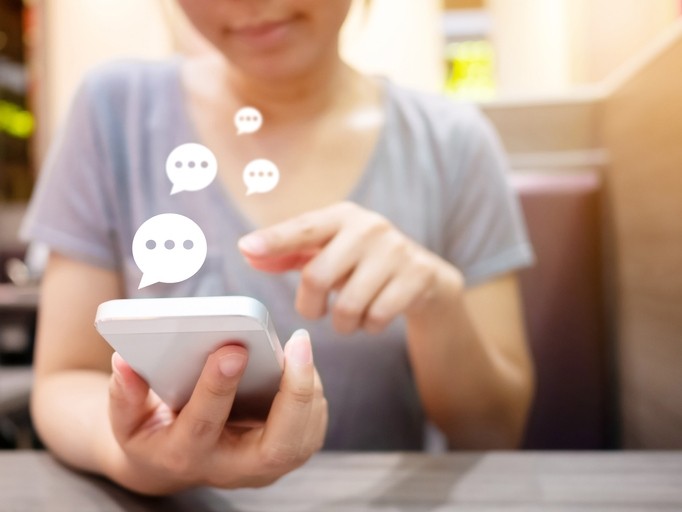‘Too early to tell’: WeChat ban in US unlikely to impact dietary supplement industry

On August 6, 2020, the Trump administration issued an executive order on banning any transactions involving the use of WeChat in the US, alongside popular video-sharing app TikTok. Details were light on the type of transactions.
This comes amid growing national security concerns of US on Tencent-owned WeChat for capturing personal information of residents using the app.
WeChat is a messaging, social media and electronic payment application, widely used in China as well as Chinese living overseas.
While WeChat’s native app in China can be used to pay bills, transferring money, online shopping, as well as having a chat function, the application outside China is mostly a communication tool, without the payment options. Although some overseas WeChat users use it to pay for items purchased in other countries either through an official cross border e-commerce platform or through a private shopper (Daigou).
According to Jeff Crowther, executive director of the Health Products Association – China (HPA-China), not many people use WeChat in the US.
“Except Chinese citizens living here, Chinese tourists, and people doing business in China. Most Americans don’t even know what WeChat is.”
According to the US Census Bureau, there were around 4.5 million Chinese Americans living in the US in 2018.
Crowther told NutraIngredients-Asia it was too early to tell if there would be any impact of the ban on supplement companies.
The Trump administration has given 45 days from the issue date of the executive order for the ban to take effect. However, it remains unclear what “transactions” will be banned, which can include financial, advertising and communication.
In terms of financial transactions involving business payments, for US companies with businesses in China, Crowther said it was unlikely the ban would impact them since they operate on the WeChat app in China itself, rather than operating the app in US.
“I don’t think it (the ban) would affect (them) much. The only risk will be when a consumer makes a purchase on WeChat in China, the transaction is in RMB, which will then be converted to USD or to the local currency. (Even then) I don’t think that will be affected because it is a separate money transaction.”
In addition, Crowther said most of its members that operate in China use a variety of channels including Tmall, Taobao and JD for sales. While some of its members use WeChat for social media selling, the app is typically not the main channel for sales.
However, he was quick to add that other social media platforms such as Little Red Book and Douyin (also known as TikTok) were getting more popular now, and capitalising on social selling.
Crowther said the biggest effect of the ban would be for Chinese people living in the US, who use the app mainly for communication purposes, exchanging photos and videos, as well as for sending money.
Even then, he added that if the ban were to be imposed, people would find ways of using VPNs to get access to WeChat if they wanted to.
As of now, he said: “We can only speculate what may or may not happen because it is just an executive order.”
In the US, there have been many petitions across various channels from official US government sites to Change.org to stop the US from banning WeChat.
On whitehouse.gov, a petition has received around 62,000 signatures, falling short of the 100,000 needed for the Whitehouse to make an official response.
On Change.org, another petition has drawn 19,000 signatures, of the 25,000 expected.
This executive order comes after India’s government recent ban on almost 60 Chinese apps including WeChat and TikTok.






